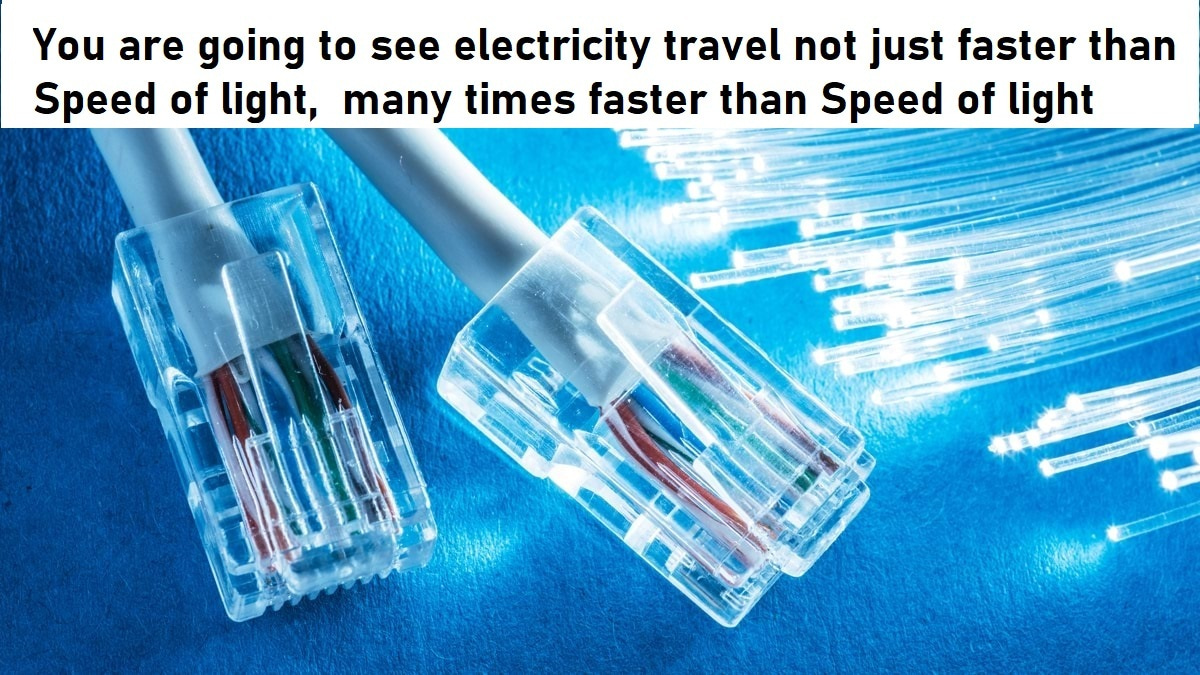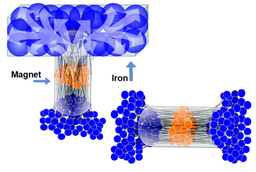Faster than the speed of light (c) exists in this world.
Published in Physics

Now I am going to transfer data between two computers over a copper wire
The speed of electricity is said to be slightly less than the speed of light.
Well let's explore that too
The cable I am going to use is - Copper CAT 6A Cable,
https://its.dlink.co.in/assets/patt_1552024729.pdf
Capable Operates at bandwidth of 500MHz. The length for a Cat6a cable is 100 meters (328 feet). Speed - 10 Gbps: 400 MHz (For example, in Ethernet networks, the frequency of the carrier
((signal is used to distinguish between different data rates: 100 Mbps: 31.25 MHz, 1 Gbps: 62.5 MHz, 2.5 Gbps: 100 MHz, 5 Gbps: 200 MHz ,10 Gbps: 400 MHz ))
Let's do a small calculation
speed of light - 299792458 m / s
Bandwidth - 400 MHz
According to current theory
Considering the lifetime of a single wave, it cannot travel even one meter
One wave cycle life time - 0.0000000025 s
Maximum travel distance - 0.749481145 m
The time it takes to tell the voltage at this end of the wire to the next end is not even 0.0000000025s, because half of that 0.0000000025 s is the opposite charge, so it must go within 0.00000000125 s
The speed of electricity at this point 40,000,000,000 m/s (- for 400 MHz) (40,000,000,000) is approximately 132.43 times bigger than speed of light 299,792,458
use an oscilloscope with two channels to input and output of cable. if there even one or more then one wave in cable. The two channels will out of sync
(Maiyavadu- ( will be upgraded),
(There may be many theories in this world, but none of them says that energy is transferred in real time. This theory can explain it.)
You may have seen this and chosen one of these two positions: either you agree that this is right or you deny that this is wrong. Perhaps if you deny that this is wrong and try to give a reason for this, you will end up agreeing that a closed circuit is not needed for electricity to travel before you even try to give one. In fact, this is the biggest danger.

Please sign in or register for FREE
If you are a registered user on Research Communities by Springer Nature, please sign in